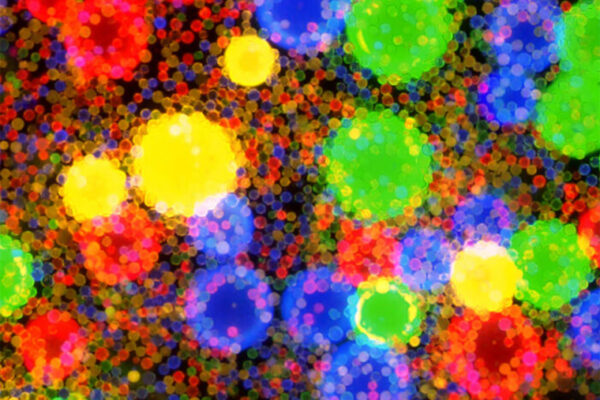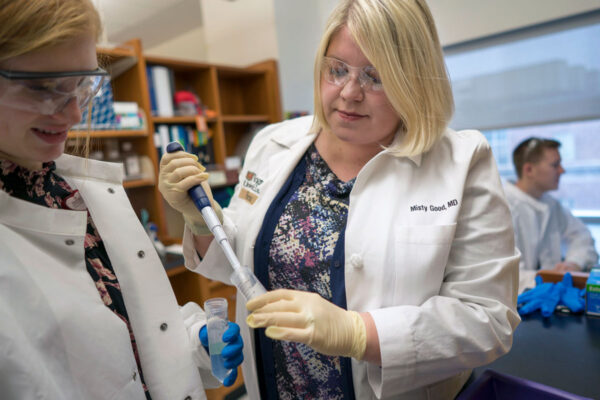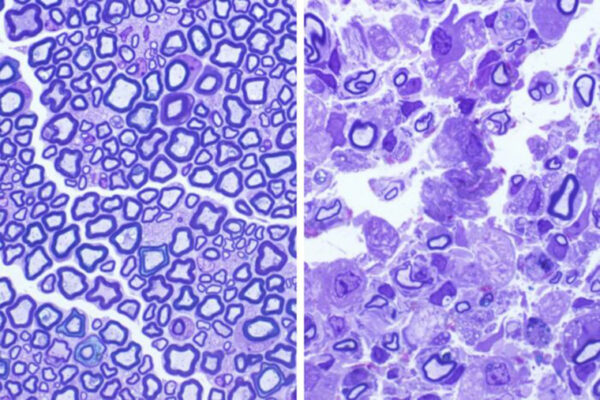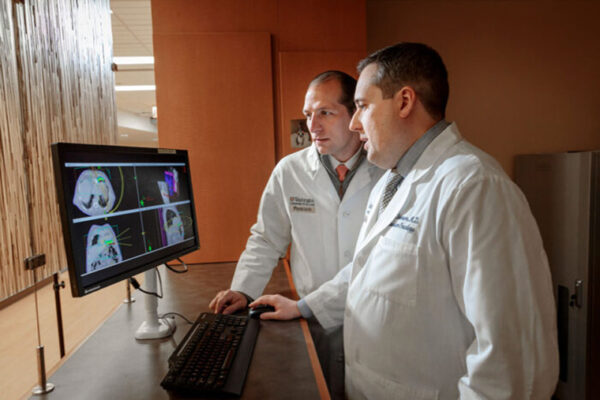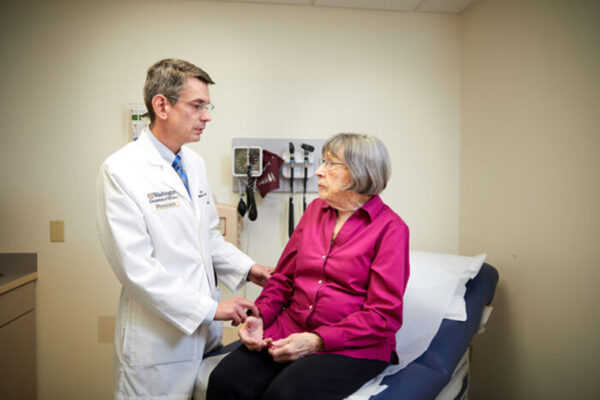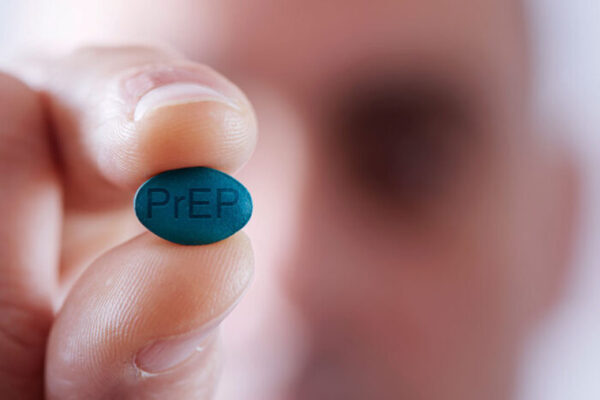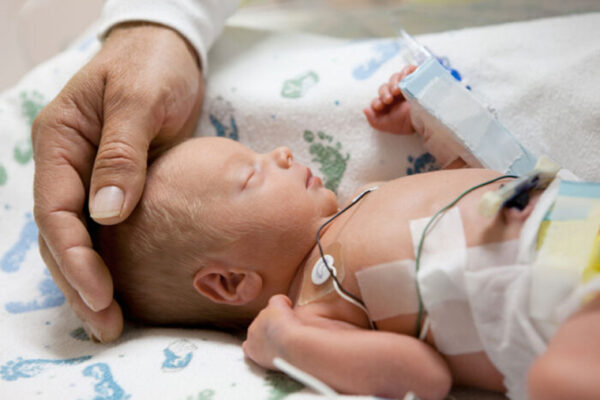For gut microbes, not all types of fiber are created equal
Certain human gut microbes with links to health thrive when fed specific types of ingredients in dietary fibers, according to a new study from Washington University School of Medicine in St. Louis.
School of Medicine receives award to develop physician-scientists
Aiming to encourage and inspire more physicians to develop careers that blend scientific research with patient care, the Burroughs Wellcome Fund has announced that Washington University School of Medicine in St. Louis will receive a prestigious, $2.5 million Physician-Scientist Institutional Award.
Faculty symposium to kick off inauguration day
The inauguration of Andrew D. Martin as the 15th chancellor of Washington University Oct. 3 will begin with a faculty symposium that explores connections between research and discovery as well as connections to the St. Louis community at large.
Cause of rare, fatal disorder in young children pinpointed
Scientists at the School of Medicine have pinpointed the precise cause of Krabbe disease, a neurodegenerative condition that usually causes death by age 3.
Radiation therapy effective against deadly heart rhythm
A single high dose of radiation aimed at the heart significantly reduces episodes of a potentially deadly rapid heart rhythm, according to results of a phase one/two study at the School of Medicine.
$5 million grant endows research to advance blood disorder therapies
The School of Medicine has received a $5 million grant from the Edward P. Evans Foundation to establish and endow a new center focused on advancing research and improving treatments for a rare set of blood disorders called myelodysplastic syndromes, or MDS, that leaves the body unable to make enough healthy blood cells.
Halting spread of HIV in Midwest is aim of new network
As part of a federal initiative to end the HIV epidemic, Washington University in St. Louis will establish a center to provide guidance and support to local organizations working to reduce HIV infection rates in their communities. Among other things, the center will help organizations provide PrEP, a medicine that prevents HIV infection.
Use of antibiotics in preemies has lasting, potentially harmful effects
Nearly all babies born prematurely receive antibiotics. A new study from the School of Medicine suggests that such early antibiotic treatment could have long-lasting and potentially harmful effects on the gut microbiome.
Preparation underway for inauguration of Chancellor Andrew D. Martin
The inauguration of Andrew D. Martin as the 15th chancellor of Washington University in St. Louis will take place Oct. 3 in a daylong, communitywide celebration.
Picture yourself part of the inauguration celebration
The Washington University in St. Louis community — students, faculty, staff, alumni and friends — is invited to become a part of the Oct. 3 inauguration of Andrew D. Martin by submitting group photos and greetings. Here’s how to participate.
View More Stories
